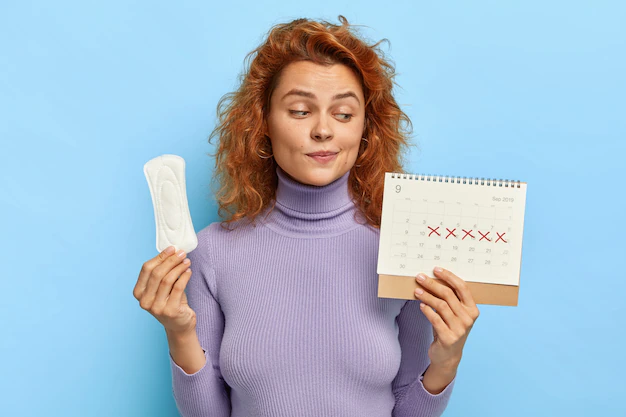Menstrual hygiene is a topic that affects millions of girls and women around the world, yet it is often surrounded by silence, stigma, and misinformation. In many cultures, menstruation is considered a taboo, a curse, or a source of shame. This can have negative impacts on the health, well-being, and dignity of girls and women, as well as their access to education, work, and opportunities.
However, menstrual hygiene education can change this situation by providing accurate and comprehensive information about the menstrual cycle, the different menstrual hygiene products and practices, and the importance of maintaining good hygiene during menstruation. Menstrual hygiene education can empower girls and women to make informed decisions about their bodies, their health, and their lives. It can also help break the barriers and stereotypes that prevent them from achieving their full potential.
In this blog post, we will explore how menstrual hygiene education can empower girls and women in various aspects, such as:
- Health: Menstrual hygiene education can help girls and women prevent infections, diseases, and complications that can result from poor menstrual hygiene. For example, using unclean or unsuitable menstrual materials can cause bacterial vaginosis, urinary tract infections, or toxic shock syndrome1. Menstrual hygiene education can also help girls and women recognize and seek treatment for menstrual problems or irregularities, such as heavy bleeding, severe pain, or amenorrhea2. Moreover, menstrual hygiene education can promote sexual and reproductive health by teaching girls and women about fertility, contraception, sexually transmitted infections, and pregnancy3.
- Education: Menstrual hygiene education can help girls and women stay in school and perform better academically. Many girls miss school or drop out due to lack of adequate facilities, products, or support to manage their menstruation. A study in Kenya found that 95% of menstruating girls missed 1-3 school days per month due to menstruation4. Menstrual hygiene education can help girls and women overcome these challenges by providing them with access to safe and affordable menstrual products, separate and usable toilets, water and soap, disposal bins, and pain relief5. Menstrual hygiene education can also help girls and women cope with the physical and emotional changes that occur during menstruation, such as cramps, mood swings, or anxiety.
- Work: Menstrual hygiene education can help girls and women participate in the labor market and earn income. Many women face difficulties or discrimination in the workplace due to their menstruation. They may have to work in unhygienic or uncomfortable conditions, face harassment or stigma from their colleagues or employers, or lose wages or productivity due to absenteeism or poor performance. Menstrual hygiene education can help girls and women overcome these barriers by providing them with access to suitable menstrual products and facilities at work, as well as flexible work arrangements and policies that respect their menstrual needs. Menstrual hygiene education can also help girls and women develop skills and confidence to pursue their career aspirations.
- Dignity: Menstrual hygiene education can help girls and women reclaim their dignity and self-esteem. Many girls and women suffer from low self-esteem or shame due to the negative attitudes and beliefs that surround menstruation. They may feel dirty, impure, or inferior because of their natural bodily function. They may also face restrictions or exclusion from social, religious, or cultural activities due to their menstruation. Menstrual hygiene education can help girls and women challenge these myths and misconceptions by providing them with factual and positive information about menstruation. It can also help them celebrate their menstruation as a sign of health, strength, and femininity.
As we can see, menstrual hygiene education is crucial for empowering girls and women in various aspects of their lives. It is not only a matter of hygiene but also a matter of human rights. By breaking the silence around menstruation, we can create a more inclusive, equitable, and sustainable world for all.


